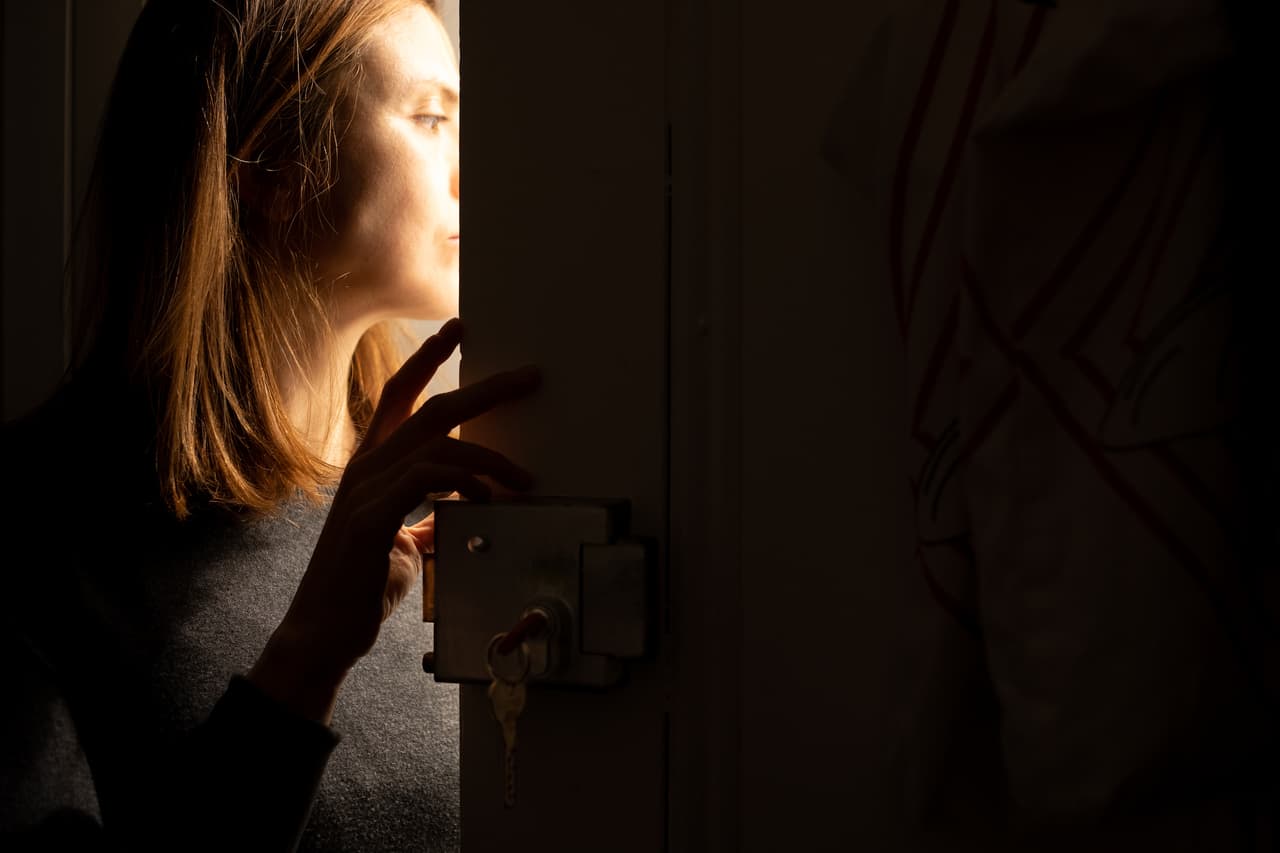
Interacting with lawyers in family court
The ethos underpinning the reporting pilot is respectful engagement between media, lawyers and the judiciary. While a reporter may not – or only rarely – have attended a family case before, many will have been in a courtroom at some point. However, most lawyers and judges will never have encountered a journalist in a family hearing at all.
Lawyers represent their clients’ interests and have duties of confidentiality towards their clients. They may, at first at least, be anxious about having a journalist wanting to report on some of the most private and sensitive aspects of their client’s life. It’s definitely worth breaking the ice by introducing yourself to the lawyers in the case, often identifiable as they wait by the courtroom door.
If a party doesn’t have a lawyer – if you ask, ushers will often let you know if someone is unrepresented – a brief introduction means that person isn’t wondering or worrying about the stranger who’s following them into court.
Attendance in court
Except in a few types of family cases (hearings where a court is dealing with orders that permit a child to be adopted outside of care proceedings, and hearings involving an attempt at dispute resolution before a contested hearing), journalists holding UK Press Card Authority-issued accreditation are entitled to attend family court hearings.
A judge, may, of their own volition, choose to exclude a journalist from any hearing, including a hearing in one of the pilot courts. This, however, is rare. Somewhat more often, a party or parties may object to the media’s presence in court. The grounds on which a party can object are limited, and the test for exclusion – necessity – is high.
Before the hearing starts, it’s helpful to know whether any party objects to your attendance. If you are able, ask them or their lawyer what their concern is based on, so that you can decide how to address it when it’s raised at the start of the hearing.
Reporting
If a party wants to object to any reporting of their case, or to the reporting of certain facts, again, it may be useful to discuss this with their lawyer, or with the party themselves if they are unrepresented. This can be done in court, but more usually a judge will adjourn for a few minutes to allow that conversation to take place.
Sometimes you will be able to agree on an adjustment that allays the party’s worries while not affecting the story you want to report. Sometimes careful wording around a sensitive issue or fact can be agreed by negotiation. Sometimes you will be willing to concede even an important fact or facts in order to report something crucial for holding a public authority to account. But sometimes agreement isn’t possible because editorially you feel the public interest will not be well enough served without including the information somebody else wants to restrict.
In that case, you will need to make your arguments orally to the judge, as will anyone who opposes your wish to report. The judge will then decide.
Header image: A woman looking through an open door. Credit: Basak Gurbuz Derman
This resource was funded by Bureau Local funders. None of our funders have any influence over the Bureau’s editorial decisions or output.
Coordinator: Louise Tickle
With thanks to: Rights of Women, Lucy Reed
Please contact [email protected] with any questions or comments about the content of this site.
-
Area:
-
Subject:




